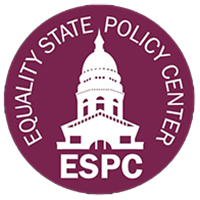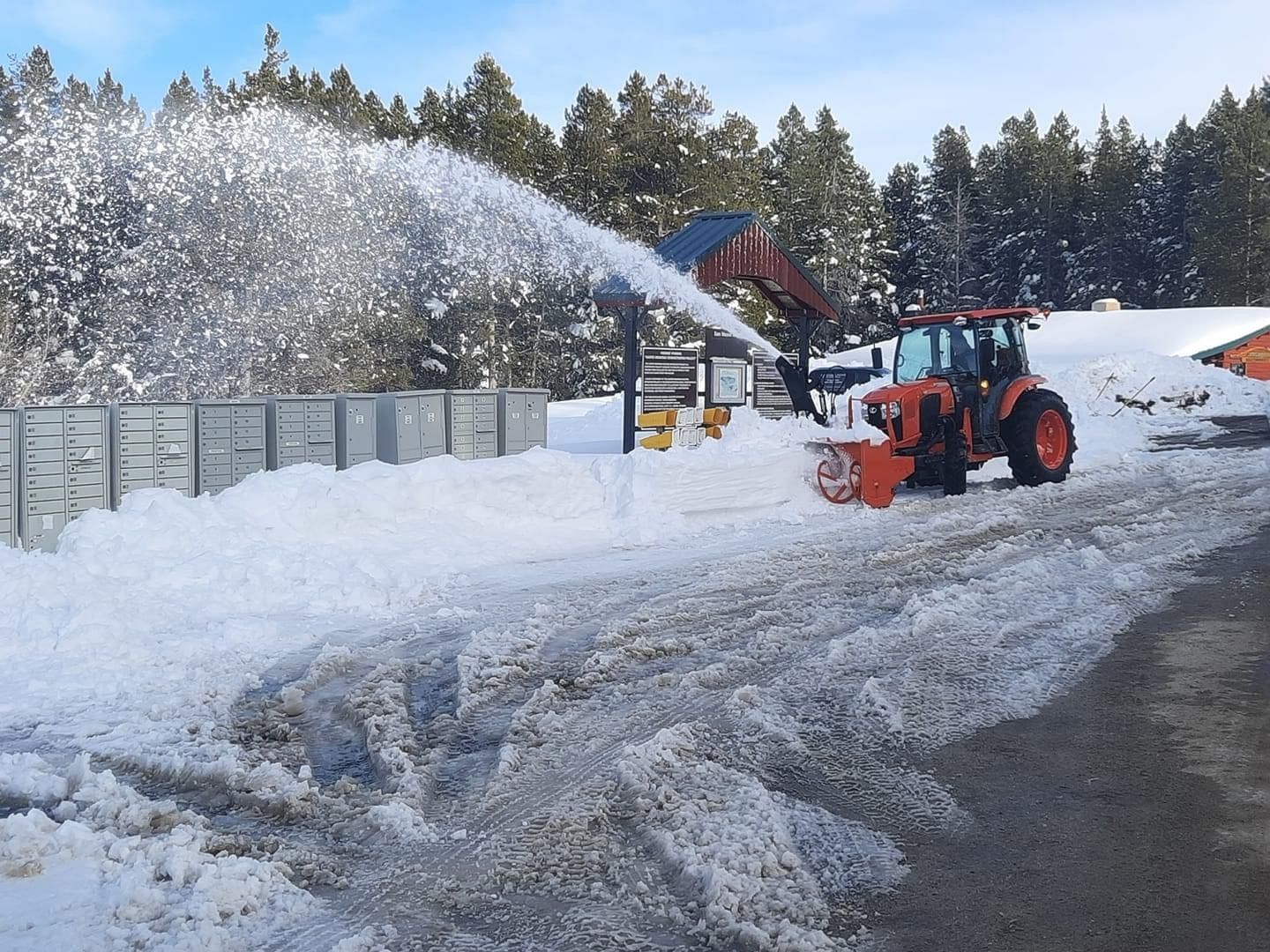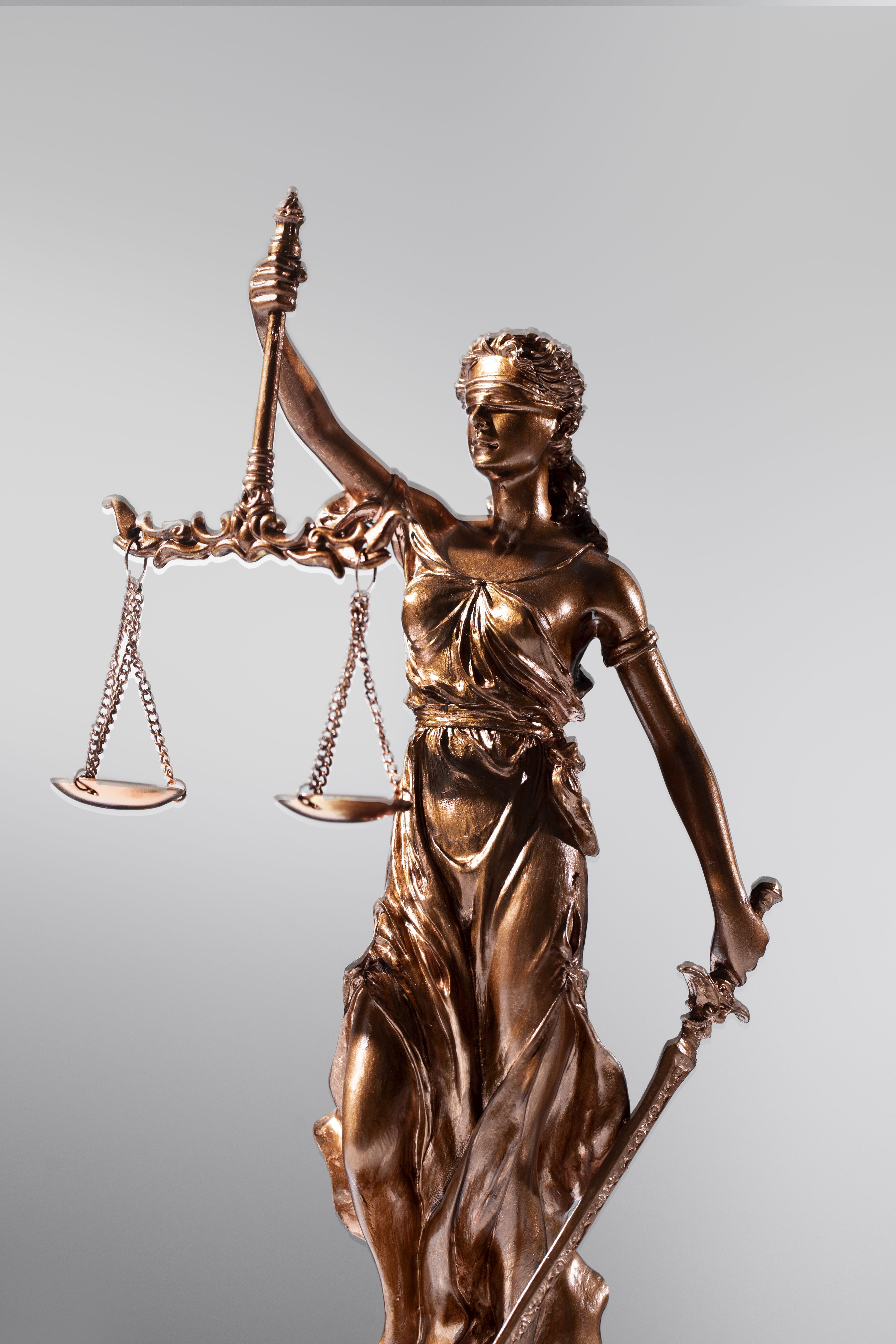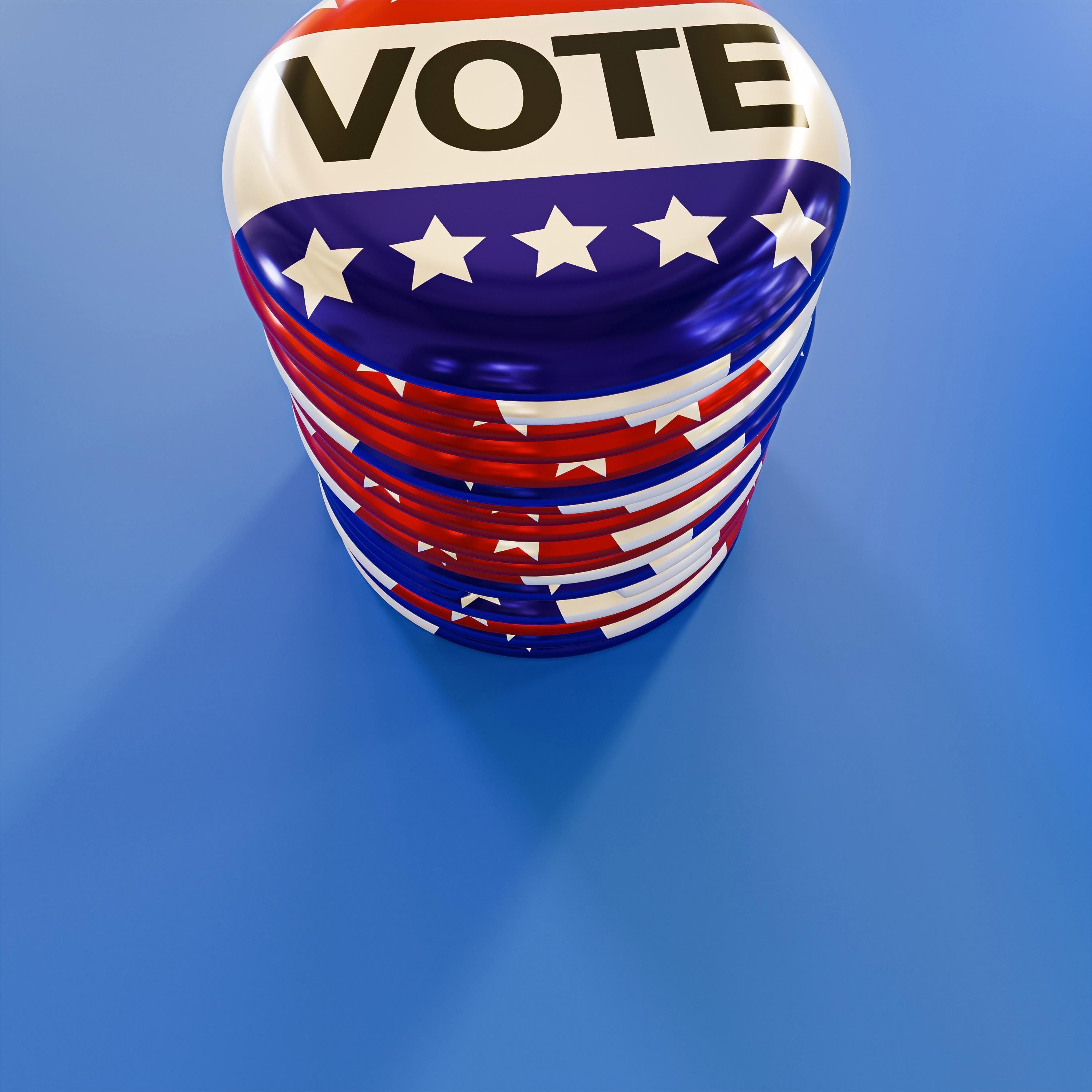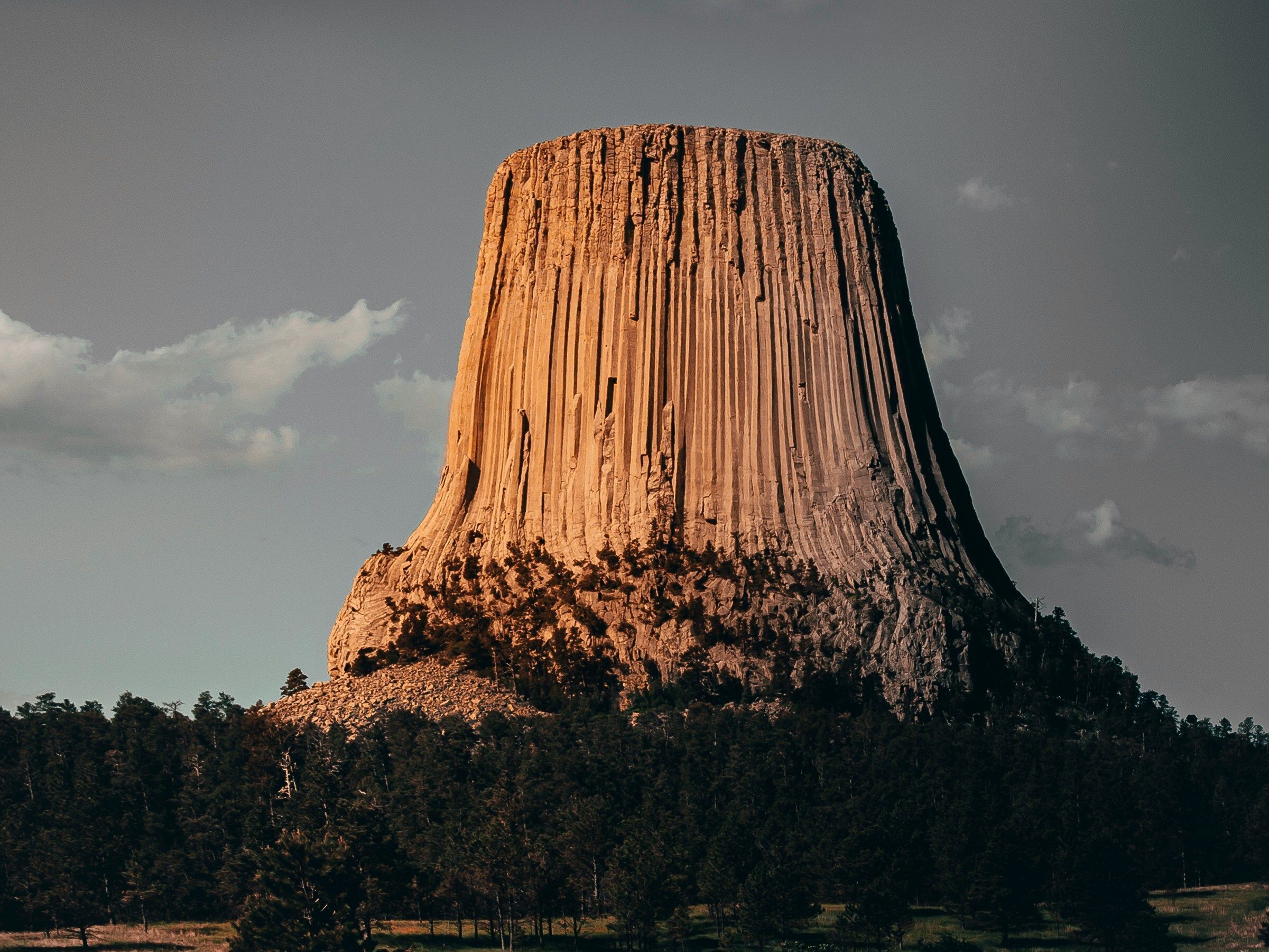
What We Do
As a non-partisan independent voice for Wyoming, Equality State Policy Center, represents individual Wyomingites and hosts a broad coalition of over 20 local social justice, conservation, and labor organizations.
-
 VOTE
VOTECivic engagement starts at the polls. ESPC fights for your right to vote in fair elections and keeps you up-to date on voting and election process changes in Wyoming.
-
 RUN
RUNA nonpartisan training for campaign managers and candidates for public office to learn the basics of becoming a candidate and the skills to effectively run a candidate campaign in the state of Wyoming.
-
 SHAPE
SHAPEA non-partisan citizen lobbyist training. Policy is the way people’s voices are turned into action by their government, so its important Wyomingites know how to participate in shaping legislation that affects their daily lives.
-
 People's Review
People's ReviewPutting the PUBLIC back into public policy through live educational webinars. PR Live invites subject experts and decision makers to connect the big ideas behind policy - like fairness, safety, or opportunity - to the real impacts Wyomingites see in their communities, schools, and workplaces. Helping Wyomingites understand policies, so they can hold leaders accountable for making decisions in the public’s best interest.
-
 LAP
LAPLegislative Accountability Project helps bridge the actions of our state representatives and senators with their constituents who elected them. Wyomingites should be visiting with their elected officials to ensure they are representing all constituents' values - regardless of affiliation - in the lawmaking process and are accountable for their decisions.
-
 Fact-Finding
Fact-FindingWe research and distill complex issues and policies into digestible briefs. We investigate how elected officials may be influenced with our campaign finance reports. We produce fact sheets to help the people and leaders of Wyoming understand what is happening and what is at stake so more informed decisions can be made.
News & Notes
In March, Wyoming Gov. Mark Gordon (R) allowed HB 156—a law requiring proof of citizenship to register to vote—to become law without his signature. In response, the Equality State Policy Center filed a lawsuit challenging the law. As the lawsuit goes through the court, we’re looking at how other states approach proof of citizenship requirements.
LARAMIE, WY — Today, the Equality State Policy Center (ESPC) filed a lawsuit challenging Wyoming House Bill 156, a recently enrolled law that imposes new, burdensome proof-of-citizenship and proof-of-residency requirements on Wyoming voters. The lawsuit argues that HB 156 violates both state and federal law and threatens to deprive legitimate Wyoming voters of their right and freedom to vote.
(Laramie, WY) The Equality State Policy Center (ESPC) strongly opposes President Trump’s recent executive order, which strips states of their authority to administer elections. Based on misinformation about noncitizen voting, this sweeping order will disenfranchise millions of eligible voters. In Wyoming, we already have a citizenship affirmation on voter registration forms, and across the nation cases of actual noncitizen voting are virtually nonexistent.
Stay Connected
By signing up with the Equality State Policy Center, you'll receive notices of upcoming educational webinars and civic engagement trainings along with updates on our mission-driven work ensuring our representative republic constitutional federalist democracy works with and for "we the people" of Wyoming.
Our generous sponsors & partners

